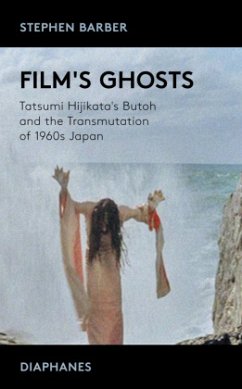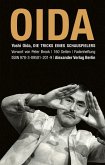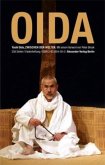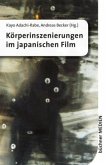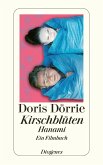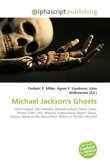Tokyo during the 1960s was in a state of uproar, full of protests, riots, and insurrection. Tatsumi Hijikata - the initiator of the 'Butoh' performance art and the seminal figure in Japan's experimental arts culture of the 1960s - created his most famous works in the context of that turmoil. Central to Hijikata's vital 1960s work are his many films, from experimental projects undertaken in collaboration with artists, to horror and sex films made for Japan's ailing studios, to his participation in the corporate, state-power spectacle of the Osaka World Expo '70.
Based on original interviews with Hijikata's collaborators as well as new research, Film's Ghosts illuminates Hijikata's world-renowned, spectral 'Dance of Utter Darkness', Butoh, and explores Hijikata's films directly against the backdrop of 1960s urban culture in Tokyo, with the rise of its screen-constellated mega-towers, its fierce protests and riot-police battles, its ascendant security-guard and surveillance industries, and its experimentations in art, sex and terrorism.
An essential book for readers engaged with film and performance, urban cultures and architecture, and Japan's experimental art and its histories.
Hinweis: Dieser Artikel kann nur an eine deutsche Lieferadresse ausgeliefert werden.
Based on original interviews with Hijikata's collaborators as well as new research, Film's Ghosts illuminates Hijikata's world-renowned, spectral 'Dance of Utter Darkness', Butoh, and explores Hijikata's films directly against the backdrop of 1960s urban culture in Tokyo, with the rise of its screen-constellated mega-towers, its fierce protests and riot-police battles, its ascendant security-guard and surveillance industries, and its experimentations in art, sex and terrorism.
An essential book for readers engaged with film and performance, urban cultures and architecture, and Japan's experimental art and its histories.
Hinweis: Dieser Artikel kann nur an eine deutsche Lieferadresse ausgeliefert werden.

